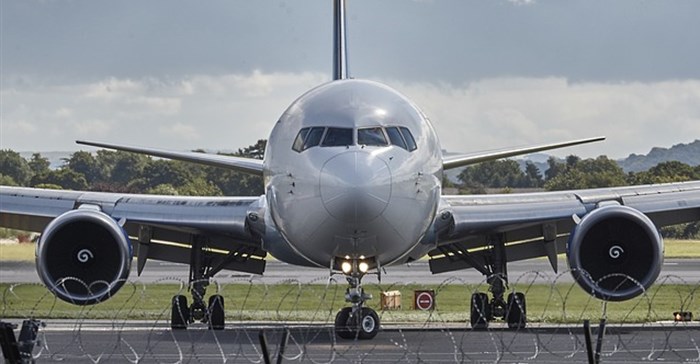
Top stories






AutomotiveHilux Custom Builds offers purpose-built solutions for your business
Toyota South Africa Motors 16 Feb 2026
More news


Marketing & Media
Ads are coming to AI. Does that really have to be such a bad thing?














“The challenge in countering aviation security in recent years is that perpetrators have become more sophisticated in their approach and this has necessitated a refined approach from aviation security specialists. Terror tactics have evolved and we cannot rely on old methods to counter new and emerging threats. We ought to collaborate, coordinate and communicate to better equip ourselves to save the lives of many innocent people,” Khoza said at the start of the two-day seminar.
Khoza, who is also the chairperson of the International Civil Aviation Organisation’s (ICAO) Aviation Security Panel, said that those responsible for aviation security should be mindful of the emerging trends relating to terror attacks, which now include, among others, cyber and insider threat.
“The aviation security fraternity cannot overlook the implications of the theft of information and intelligence, which could find its way into the hands of those who would want to cause mayhem. The more we try to innovate, the higher the risks we attract. This means that risk assessment ought to be continuous and mitigated appropriately as those with ill intentions are watching every move to identify gaps they can exploit.”
Khoza also said that whilst the increase in passenger numbers is good for economic growth, there are others that regard it as an ideal target for terror attacks. “We have noted an increase in security incidents in the latter part of 2015, notably the Brussels Airport and the Ataturk Airport in Istanbul. The bigger the airport or aircraft capacity, the higher the risk. Our infrastructure and technological innovation must always be designed with this reality in mind, as a mass target is the aim for terrorists.”
With this in mind, security experts acknowledge that airports are a hype of activity and have in most instances evolved into “bigger shopping malls with a runway”. This means that there are a lot of non-aviation activities, key among them being the retail business. “This means that non-aviation employees are not selected and screened as carefully as travellers and those who work in the aviation industry. Terror syndicates are gradually moving in to take advantage of this weakness. Moreover, we no longer have a single description of who the terrorist is, it can be anyone including the employees we trust,” explained Khoza.
Other presenters, which include local and international experts, delved into other areas of concern including the risk posed by remotely piloted aircraft systems, commonly known as drones. Landside security is another topic that stimulated dialogue during the seminar. The dialogue also focused on new and emerging threats in civil aviation security and countermeasures that should be implemented such as behaviour detection and the profile of the terrorist.
The SACAA continuously reviews security measures at South African airports to ensure that they meet both local and international legislative requirements.
Similarly, the country, through the SACAA, gets intermittently audited by reputable international organisations on many and varied aspects of civil aviation administration, which among others, include security systems. All the audits to date have indicated that South Africa is compliant with global prescripts and have in a few instances exceeded requirements.
“Whilst South Africa’s security systems and procedures continue to be endorsed as world-class, we can never afford to be complacent and must, therefore, use gatherings such as this to remind ourselves of our joined responsibility to safeguard the lives of those that are involved in air travel. After all, no country or operator is immune to possible security breaches or can claim to have a 100% fool-proof security system,” Khoza asserted.